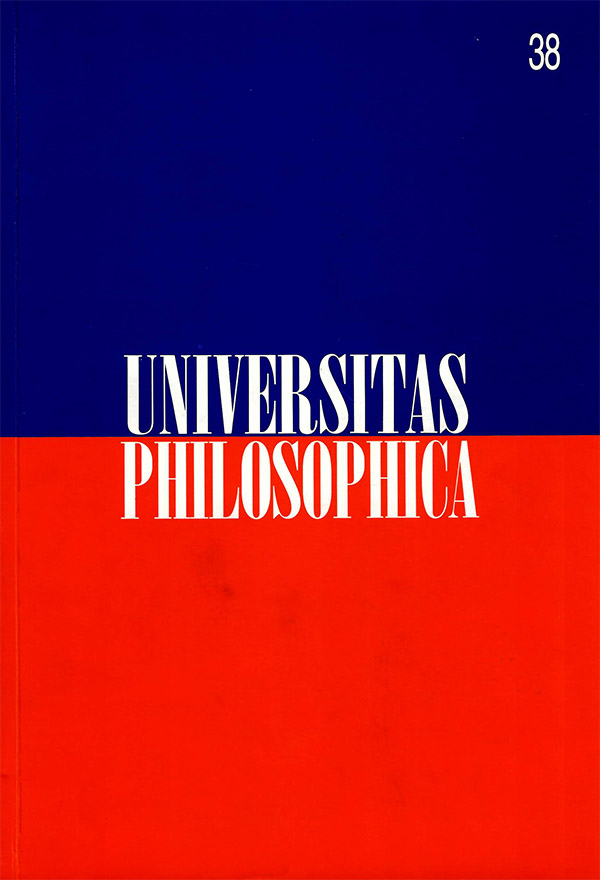Resumo
El presente trabajo busca investigar dos asuntos en el diálogo el Fedro de Platón: en primer lugar, las relaciones entre Eros y manía a partir del encuentro de Sócrates con el bello Fedro en el paseo por el liso; y en segundo lugar, el discurso del poeta Estesícoro (el segundo de Sócrates) en el cual Platón aproxima mitos y lógos al establecer, por la vía de la memoria, la sorprendente conexión entre manía y filosofía. Tras mirar las circunstancias específicas del inicio del diálogo, se apuntará hacia cuatro ángulos básicos en la reflexión sobre Eros en el Fedro: 1) ese Eros hace la conexión sensible- inteligible dispensando el logos argumentativo; 2) el delirio (manía) es un modo de conocimiento no razonable y es fundamental para la filosofía; 3) el logos como palabra articulada en sentencias presenta límites para el conocer; 4) la Belleza, Eros y Logos crean lazos entre los campos que denominamos estético, ético, político y gnoseológico.
Esta revista científica se encuentra registrada bajo la licencia Creative Commons Reconocimiento 4.0 Internacional. Por lo tanto, esta obra se puede reproducir, distribuir y comunicar públicamente en formato digital, siempre que se reconozca el nombre de los autores y a la Pontificia Universidad Javeriana. Se permite citar, adaptar, transformar, autoarchivar, republicar y crear a partir del material, para cualquier finalidad (incluso comercial), siempre que se reconozca adecuadamente la autoría, se proporcione un enlace a la obra original y se indique si se han realizado cambios. La Pontificia Universidad Javeriana no retiene los derechos sobre las obras publicadas y los contenidos son responsabilidad exclusiva de los autores, quienes conservan sus derechos morales, intelectuales, de privacidad y publicidad.
El aval sobre la intervención de la obra (revisión, corrección de estilo, traducción, diagramación) y su posterior divulgación se otorga mediante una licencia de uso y no a través de una cesión de derechos, lo que representa que la revista y la Pontificia Universidad Javeriana se eximen de cualquier responsabilidad que se pueda derivar de una mala práctica ética por parte de los autores. En consecuencia de la protección brindada por la licencia de uso, la revista no se encuentra en la obligación de publicar retractaciones o modificar la información ya publicada, a no ser que la errata surja del proceso de gestión editorial. La publicación de contenidos en esta revista no representa regalías para los contribuyentes.


